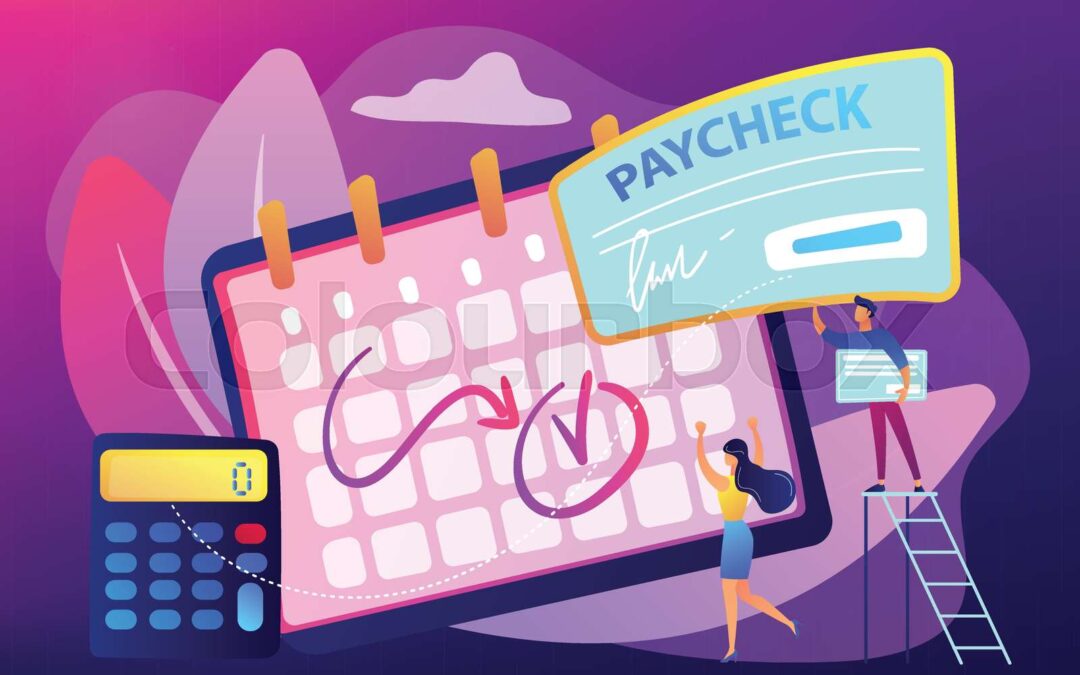
The Stages of the Pay-Cheque for Millenials
You have probably received your pay-cheque for the month, or are about to in a day or two. Which is why, reading this hopefully will make you laugh instead of invoking grief or tears. Once caught in the web of what millenials refer to as “adulting” there is no escaping. Your timelines, plans and most other things in life are structured around the much awaiting pay for the month. And from the day you receive it, to the day you realize you are broke, there are a few distinct stages. Here is summarizing the five distinct stages of the pay-cheque.
Stage 1 – Around the 15th of the Month
Somewhere around the middle of the month is when your pocket starts to feel lighter and you realize that you have started to make plans with your next pay, already! This is also the stage where you indulge in self-shaming, by telling yourself that you have, once again, successfully sabotaged your ‘saving’ plans and plan on salvaging it best you can.
Stage 2 – Around the 23rd of the Month
This is the stage where you “really” make up your mind to be prudent with your earnings from now on, and save money from the next month. All of a sudden it strikes you that you are in your late twenties and don’t have a single proper financial investment to your credit, and that snowballs into a different level of existential crisis – now a mixture of financial, emotional and just everything conceivable because life hits you smack on your face.
Stage 3 – Around the 25th of the Month
Your account balance is currently about Rs. 88.56. It is so sad that it’s actually funny. This is when you start living on leftovers, and cancelling any and all weekend plans. You make your peace with staying in and watching Netflix – unless, you’ve been too broke to pay for the internet! The situation is dire and you start feeling jealous of your friends who are still living with their parents – at least they have free access to unlimited good food!
Stage 4 – Between the 30th – 2nd
This stage can also be referred to as the ‘dance of joy’/ ‘I am so rich’/ ‘YESSS’ stage. That beautiful moment when your salary gets credited to your account and you get a text message informing you of it. It would be safe to bet that we are all so proud and overjoyed with those monthly texts that we don’t delete them. The week that follows the pay-day is when we believe we can afford everything we may want. We also realize that the money was spent in our head long before it hit our accounts, because of the several plans pinned on the month’s salary. Old habits do die hard.
Stage 5 – Around the 15th of the Month
Your account balance has steadily diminished yet again – the rent has been paid, the maid has been paid, phone bills, internet, grocery and a zillion other things you never thought you’d have to pay for. And then of course, all the things that you want and don’t need.
And here we are again. Back where we started. And so continues the endless vicious cycle. To end on a positive note though, if you love what you do, all of this becomes worth it! Happy adulting folks!


